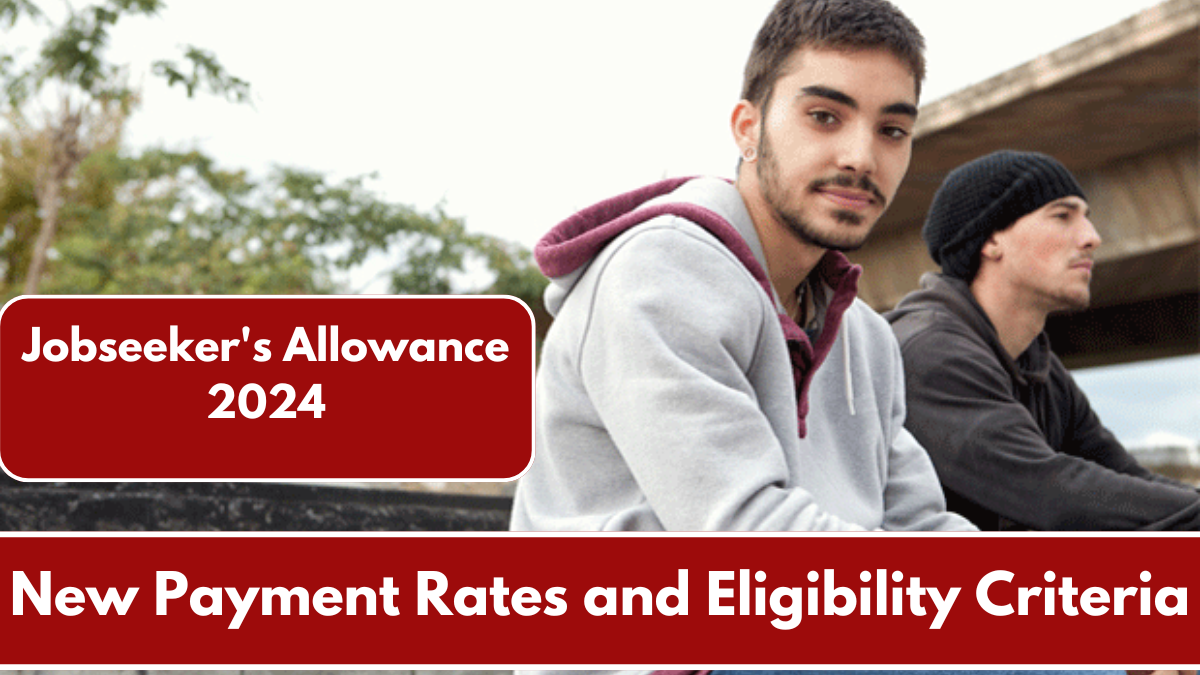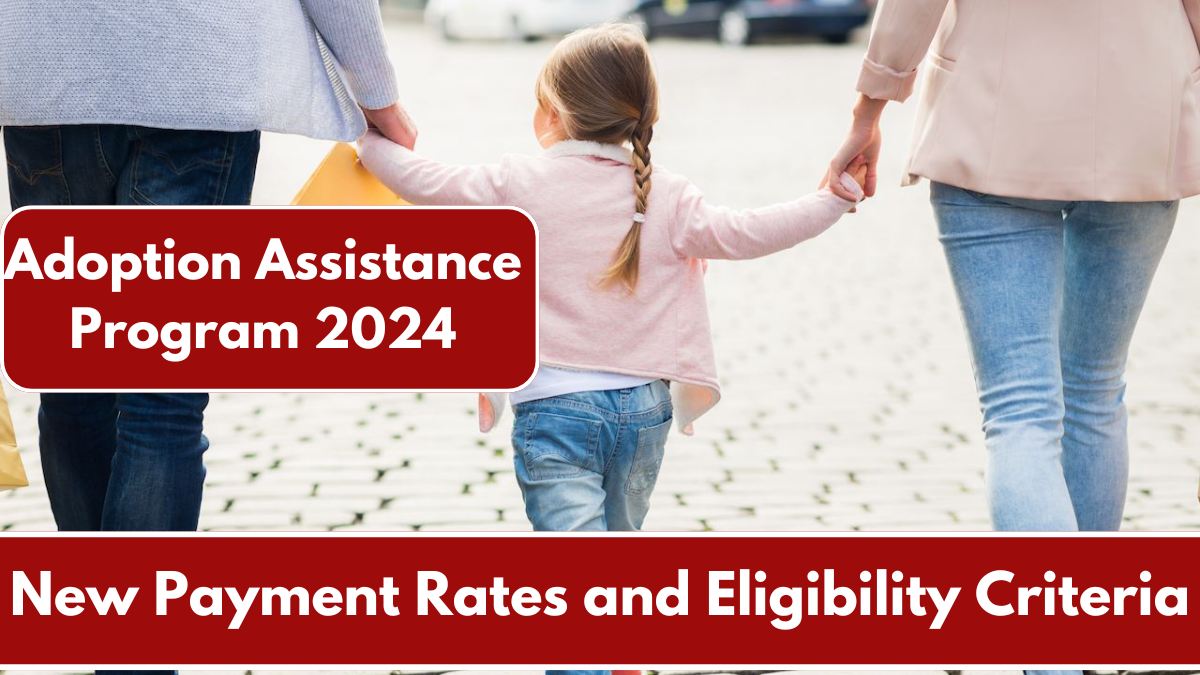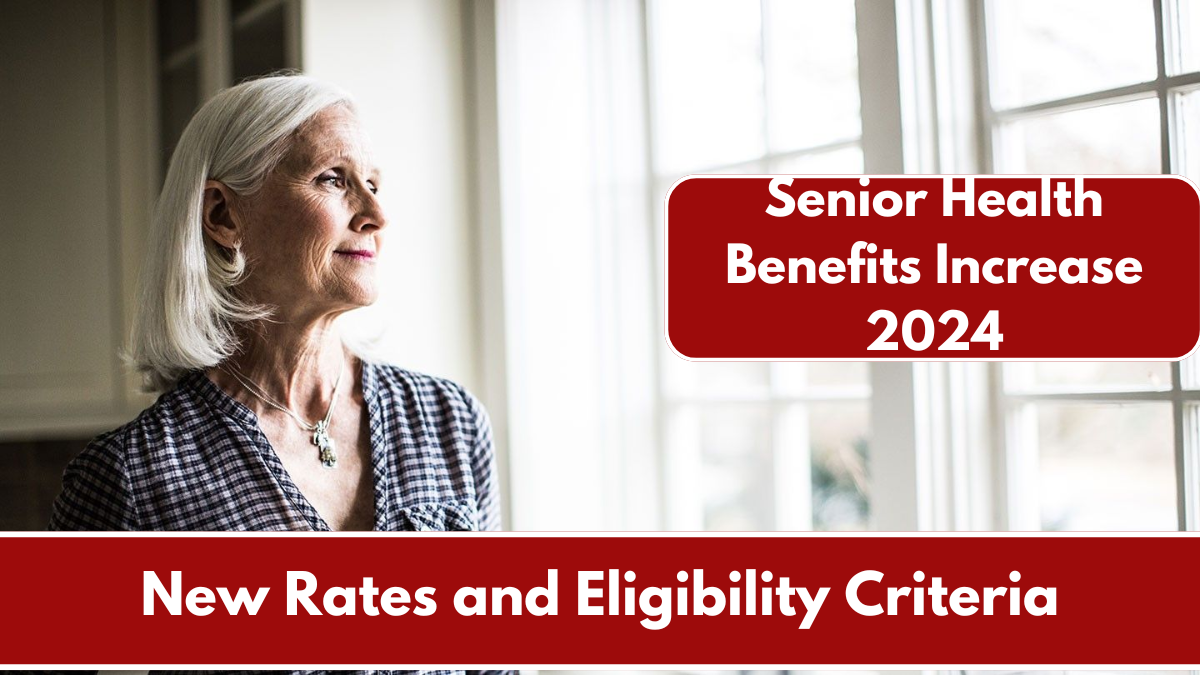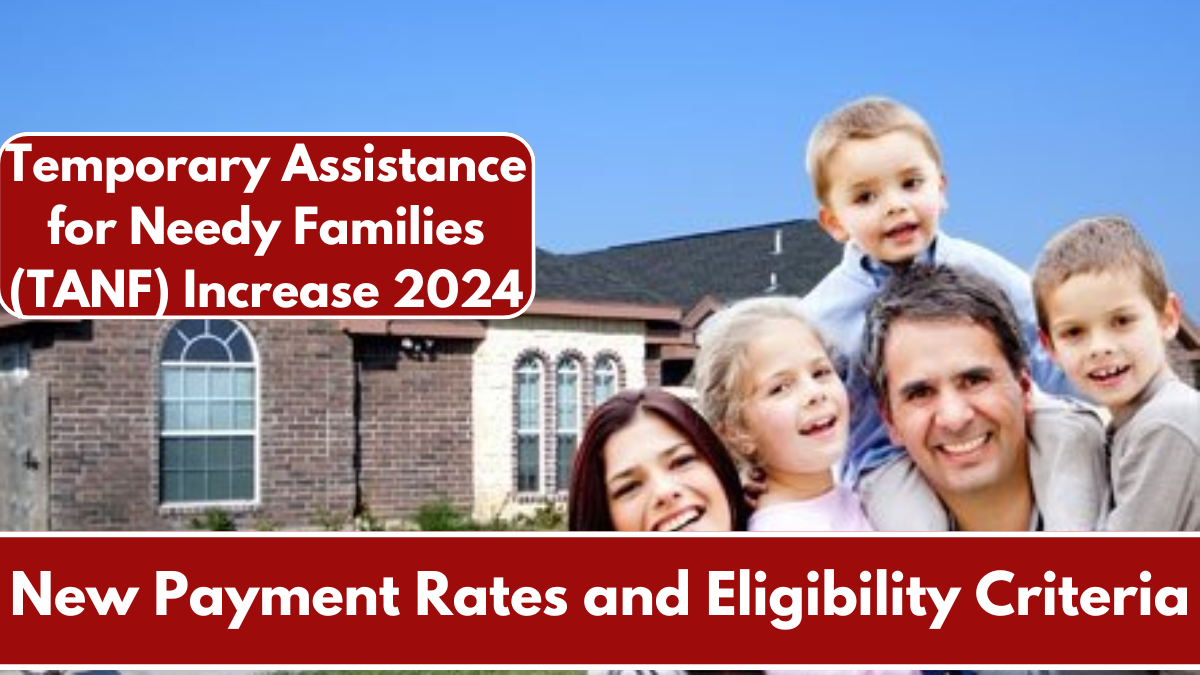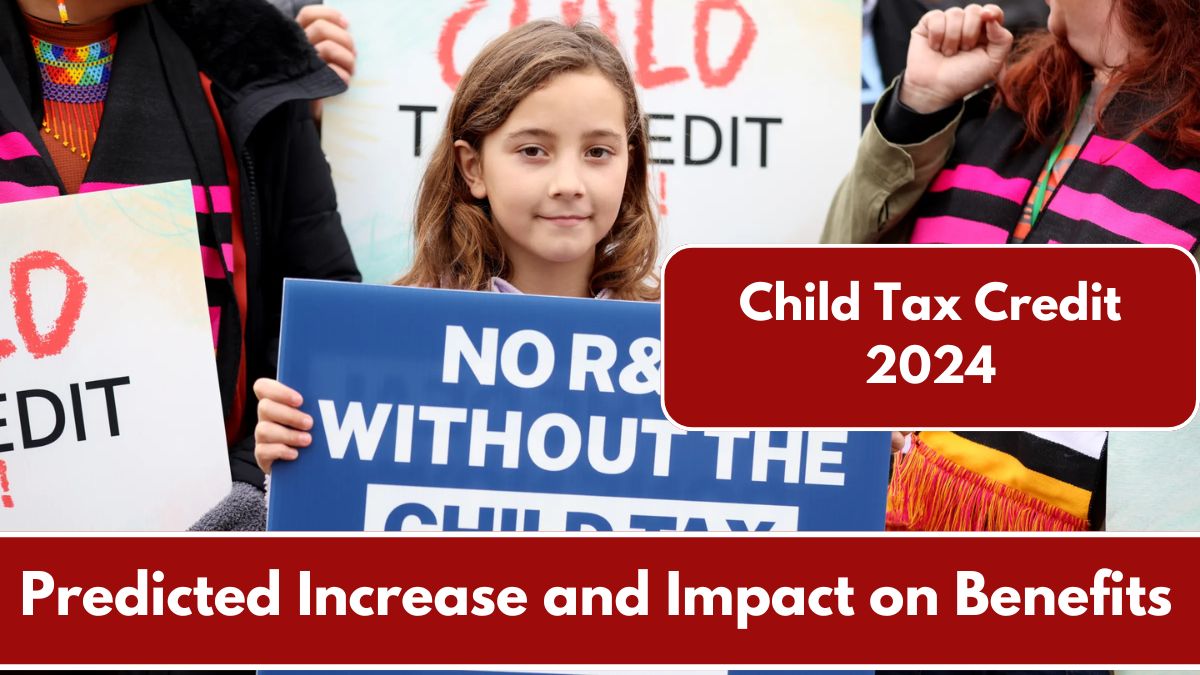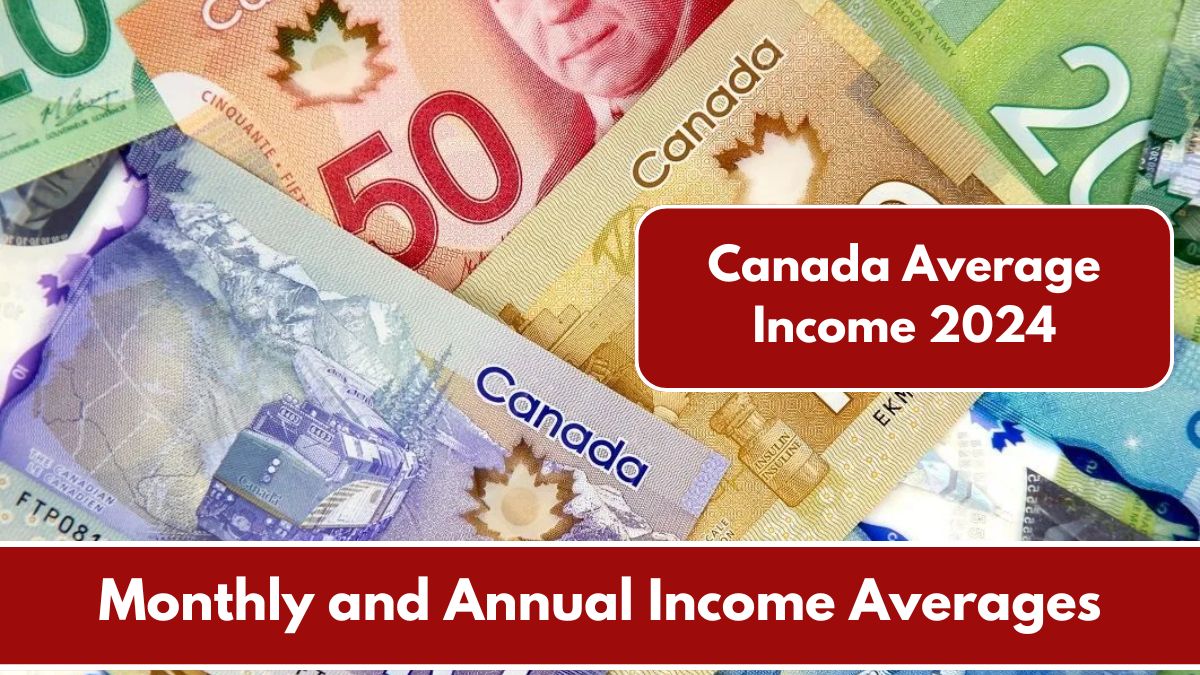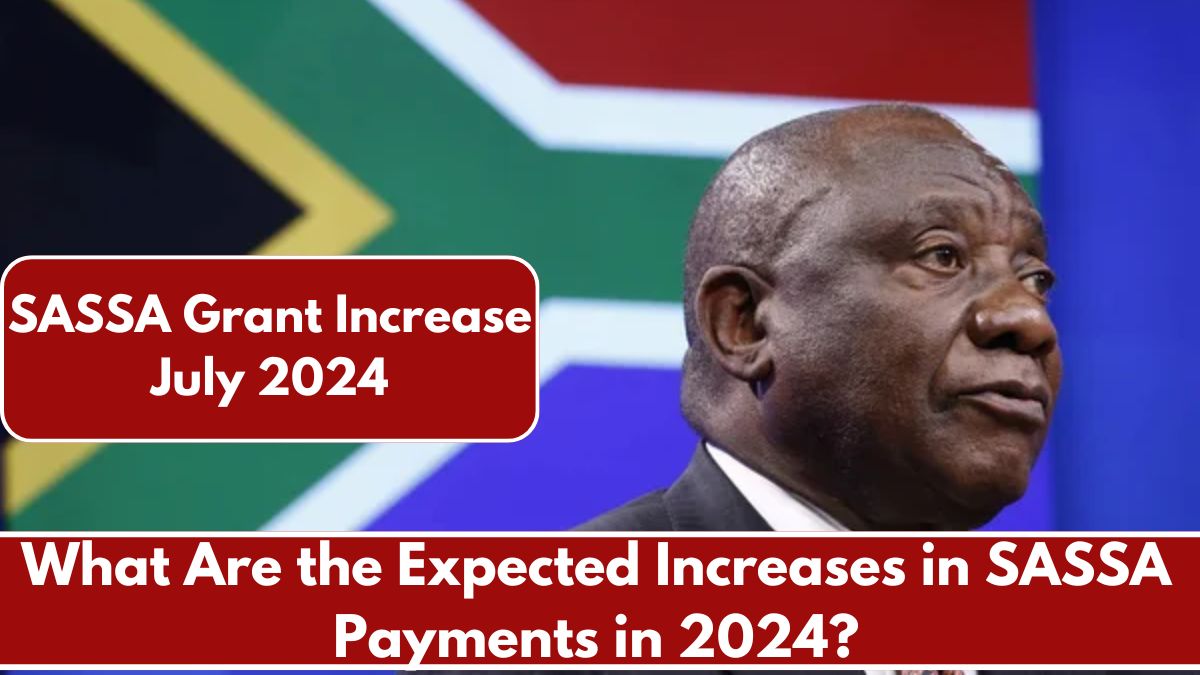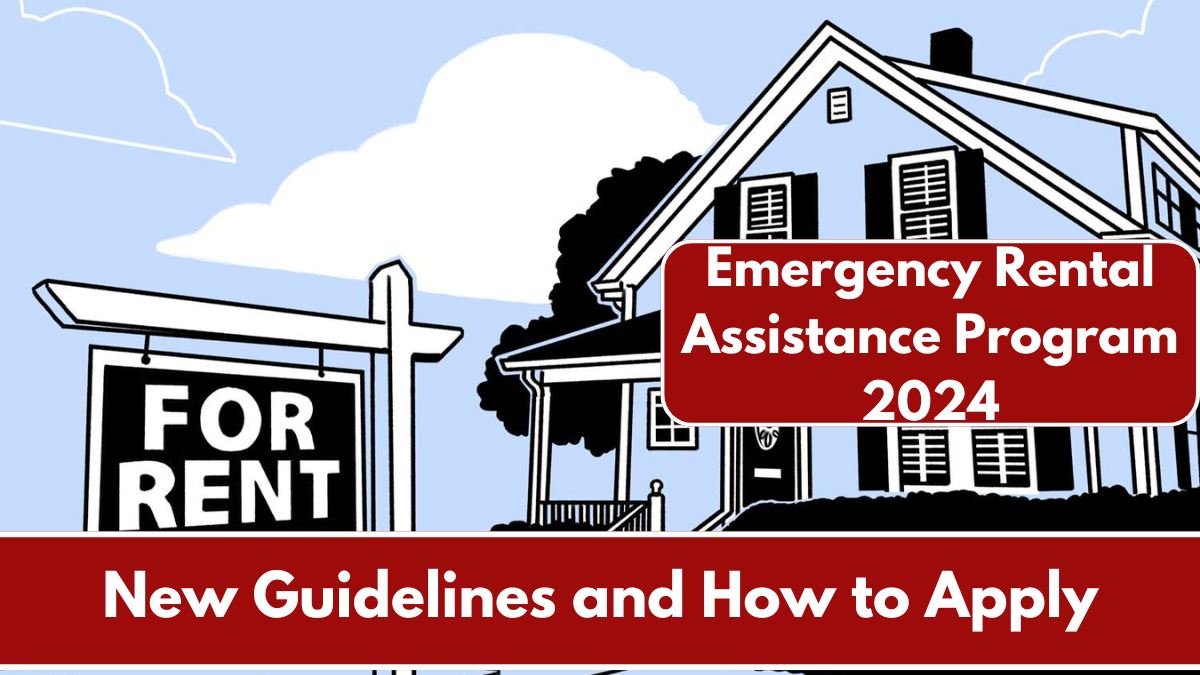Introduction:
As we move into 2024, changes to the Jobseeker’s Allowance (JSA) have been announced, affecting both the payment rates and eligibility criteria. Jobseeker’s Allowance is a crucial benefit for those who are unemployed and actively seeking work. This article provides an updated guide on the new payment rates for 2024, the revised eligibility criteria, and how to apply for JSA.
Overview of Jobseeker’s Allowance (JSA)
Jobseeker’s Allowance (JSA) is a financial benefit provided by the government to individuals who are unemployed and actively looking for work. There are two main types of JSA: Contribution-based JSA, which is available to those who have paid sufficient National Insurance contributions, and Income-based JSA, which is available to those with low income and little savings. The allowance is designed to support job seekers while they search for employment, providing them with a basic income to cover living expenses.
New Payment Rates for 2024

The payment rates for Jobseeker’s Allowance have been adjusted for 2024 to reflect changes in the cost of living. Below are the updated weekly payment amounts based on age and eligibility type.
Jobseeker’s Allowance Payment Rates for 2024
| Age Group | Contribution-Based JSA | Income-Based JSA |
|---|---|---|
| Ages 18-24 | £65.35 | £65.35 |
| Ages 25 and over | £84.05 | £84.05 |
| Couples (both aged 18 or over) | Not applicable | £132.60 |
| Single Parents (18 or over) | £84.05 | £84.05 |
Note: Payment amounts may vary slightly depending on specific circumstances and regional adjustments.
Updated Eligibility Criteria
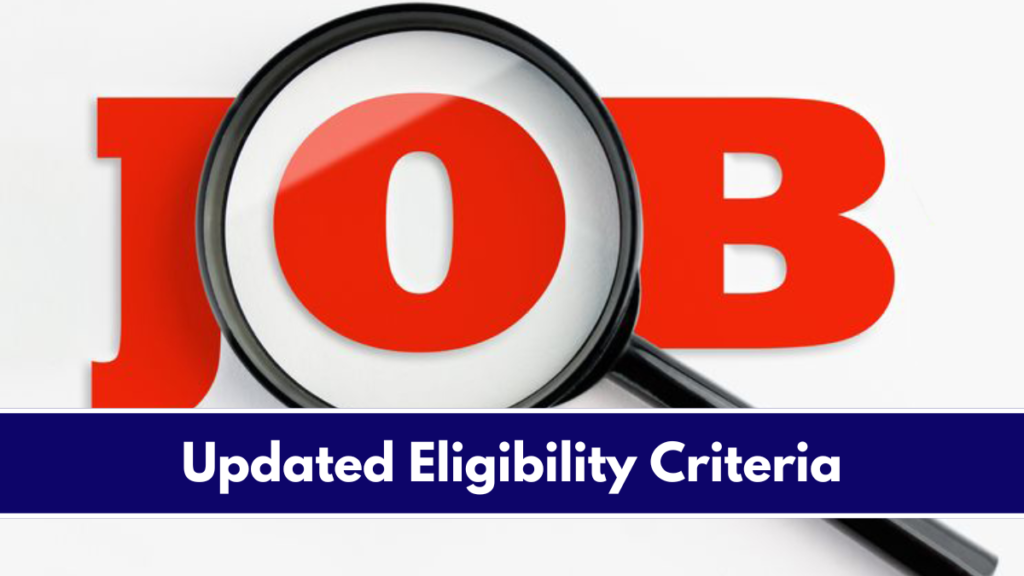
The eligibility criteria for Jobseeker’s Allowance in 2024 have been revised to ensure that the benefit reaches those who are most in need. Below are the key eligibility requirements:
- Age: You must be 18 years or older to qualify for JSA. Exceptions are made for 16- and 17-year-olds in special circumstances, such as if they are in severe hardship.
- Employment Status: You must be unemployed or working less than 16 hours per week.
- Actively Seeking Work: You must be actively looking for work and be available to start work immediately. This includes attending regular job interviews, applying for jobs, and participating in work programs if required.
- National Insurance Contributions: For Contribution-based JSA, you must have paid sufficient National Insurance contributions in the last two tax years.
- Savings and Income: For Income-based JSA, your savings must be less than £16,000, and your income will be assessed to determine eligibility.
- Residency: You must be living in the UK and have the right to reside in the country.
How to Apply for Jobseeker’s Allowance
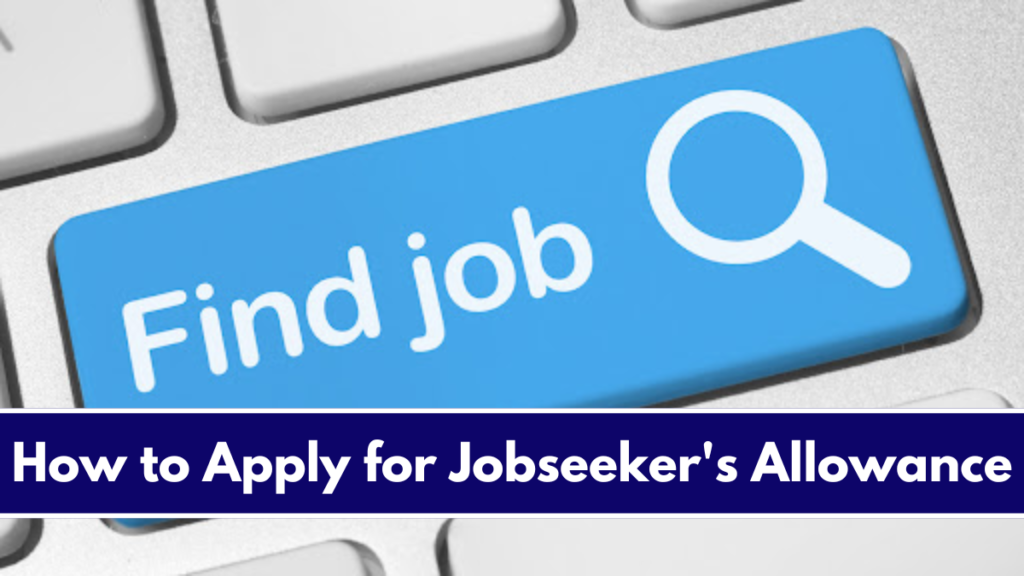
Applying for Jobseeker’s Allowance is a straightforward process, but it’s important to follow each step carefully to ensure your application is successful.
- Check Your Eligibility: Before applying, ensure that you meet the eligibility criteria mentioned above.
- Gather Necessary Documents: Prepare all required documents, including proof of identity, National Insurance number, employment history, and details of savings and income.
- Apply Online or by Phone: The most efficient way to apply for JSA is online through the government website. Alternatively, you can apply by phone if you prefer.
- Attend an Initial Interview: After submitting your application, you will be invited to an initial interview at your local Jobcentre. During this interview, you’ll discuss your job search plan and agree on the actions you need to take to find work.
- Maintain Your Job Search: To continue receiving JSA, you must regularly report your job search activities to your Jobcentre adviser and show that you are actively seeking work.
Conclusion:
The updates to Jobseeker’s Allowance in 2024 reflect the government’s commitment to supporting individuals in their search for employment. With increased payment rates and revised eligibility criteria, JSA continues to be an essential resource for job seekers. By understanding these changes and following the application process, you can secure the financial support you need while you find your next job opportunity.
FAQ’s:
Q1. What is the difference between Contribution-based and Income-based JSA?
Contribution-based JSA is available to those who have paid enough National Insurance contributions, while Income-based JSA is means-tested and available to those with low income and savings.
Q2. How long can I receive Jobseeker’s Allowance?
You can receive Contribution-based JSA for up to 182 days (approximately 6 months). Income-based JSA can be received for a longer period, depending on your circumstances.
Q3. What happens if I find a job while receiving JSA?
If you find a job and work more than 16 hours a week, your JSA payments will stop. You should inform your Jobcentre adviser as soon as you start working.
Q4. Can I apply for JSA if I have savings?
You can apply for Income-based JSA if your savings are less than £16,000. Contribution-based JSA is not affected by savings.
Q5. What should I do if my JSA application is denied?
If your application is denied, you can request a mandatory reconsideration, where your case will be reviewed. If you disagree with the reconsideration decision, you can appeal to an independent tribunal.

